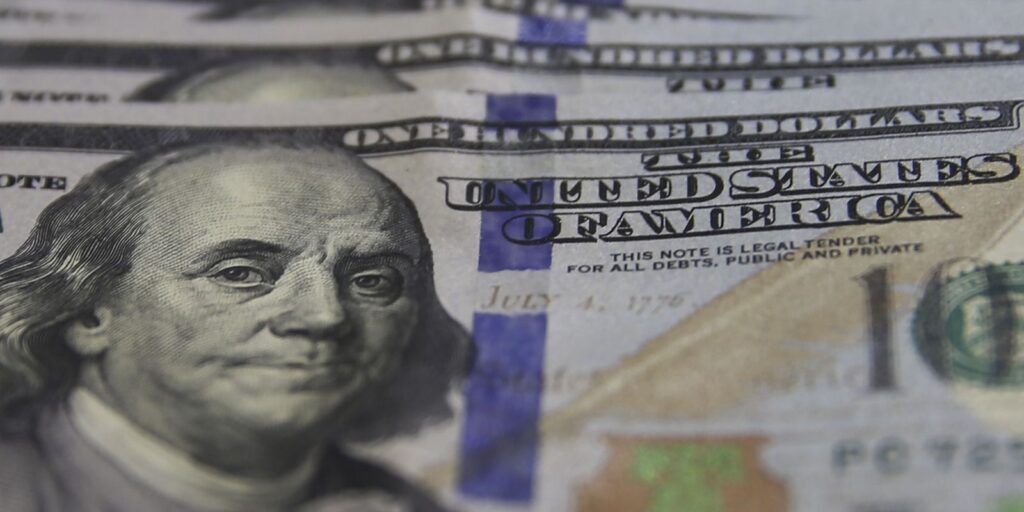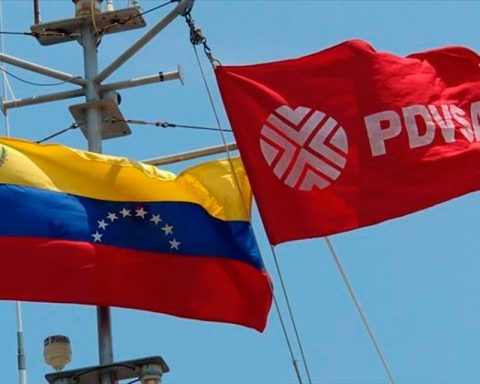Borrowing as little as possible, avoiding consumer loans and limiting the use of credit cards, in which interest rates reach 3%, are part of the recommendations of the Engineering academic Industrial Civil of the University of Valparaíso and economics expert Jose Irrazabal.
Among the alternatives, the scholar recommends “make daily purchases at free fairs, the fertile plain or slaughterhouses, avoid supermarkets or get together as a group to go buy from wholesalers to get better prices with the intention of saving and borrowing as little as possible, because the panorama is complex in terms of to economic indices.
Irrazabal referred to the rise in the dollar, pointing out that “It is a phenomenon that has been dragging on for a couple of months given the situation in the United States, which is on the verge of entering a period of recession, since its economy in the first quarter decreased by 1.6%, with high inflation , which causes the General Reserve to keep raising the interest rate.”
“Investors are withdrawing dollars, that raises their price globally, because it is replicated in most countries in the world, since it is the most important currency in goods and financial transactions”Explain.
In the Chilean case, the academic attributes the rise in the dollar to “the uncertainty of the tax reform and the process of the new constitution, as investors withdraw dollars to protect themselves and invest in safer assets, such as time deposits or the purchase of of precious metals like gold, and that also increases the price of the dollar. The price of copper has decreased as a result of the fact that the production of our main buyer, China, has been decreasing”.
“The price of the dollar should tend to rise, because the central banks of the countries are increasing their interest rates to try to reduce inflation, a phenomenon that causes a lot of damage to the economy and in particular to people with fewer resources”he points out.
uncertain outlook
The academic says that in the coming months “The panorama is quite uncertain and complex, since whatever the result of the exit plebiscite for the new constitution, the uncertainty is going to remain.
“In addition, the war between Russia and Ukraine is affecting food supplies and grains and, therefore, food prices are increasing uncontrollably, so it is not possible to have an answer as to what is going to happen. with the price of the dollar and the level of inflation in our country”comment.
Irrazabal explains whate “economies worldwide, like Chile, are entering a period of decline with high inflation, which is known as stagflation, that is, the stagnation of the economy, in which it declines, there is less production, less jobs, wages tend to decline, prices continue to rise, food is rising, which is beginning to be scarce, and the price of energy is rising, due to supplies for Europe and the United States”.
“It is presumed that the United States could enter a recession in the coming months and the same could happen in our country in the last quarter of this year or early next.”
In this sense, the academic adds that “It is to be hoped that the Central Bank, the entity in charge of financial, monetary and foreign exchange policy, will use some of its instruments to try to mitigate and prevent the price of the dollar from continuing to rise due to all the damage it causes to the economy and to the families of our country”.


















